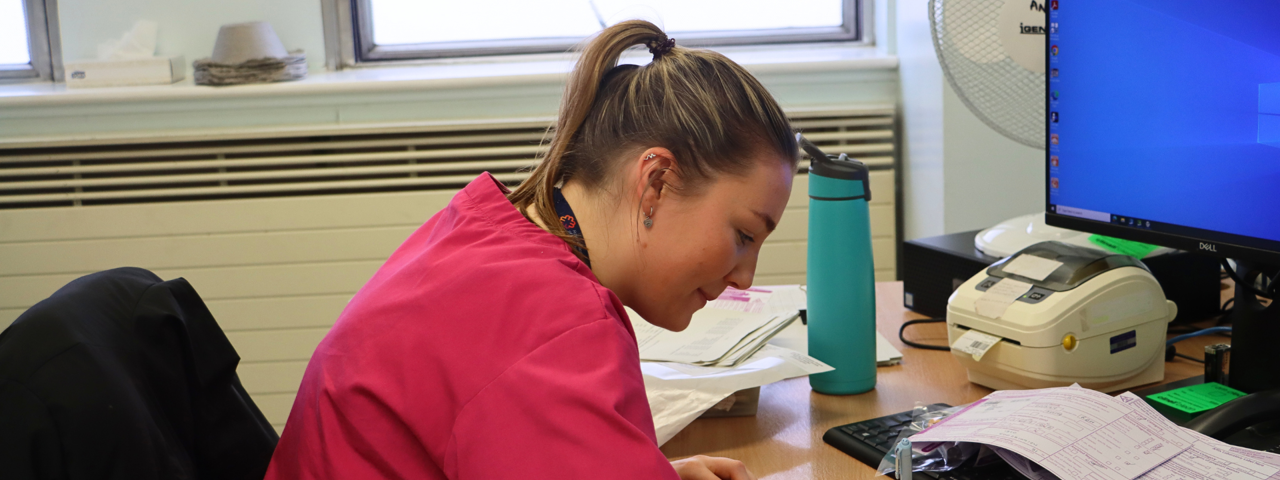
Antenatal appointments
Pregnancy care
You will see your midwife regularly for routine antenatal appointments throughout your pregnancy.
At each appointment, your midwife will discuss your health and well-being, as well as checking on the health of your baby and recommended vaccinations for your pregnancy.
If you have any worries about your pregnancy or baby outside of these appointments, please contact our triage line: 0118 322 7304
Weeks of pregnancy |
What you can expect at this appointment |
|
Booking appointment |
|
|
11 - 14 weeks |
|
|
16 weeks |
|
|
16 - 32 weeks |
|
| 18 - 20 weeks |
|
| 25 weeks |
|
| 28 weeks |
|
| 31 weeks |
|
| 34 weeks |
|
| 36 weeks |
|
| 38 weeks |
|
| 40 weeks |
|
| 41 weeks |
|
